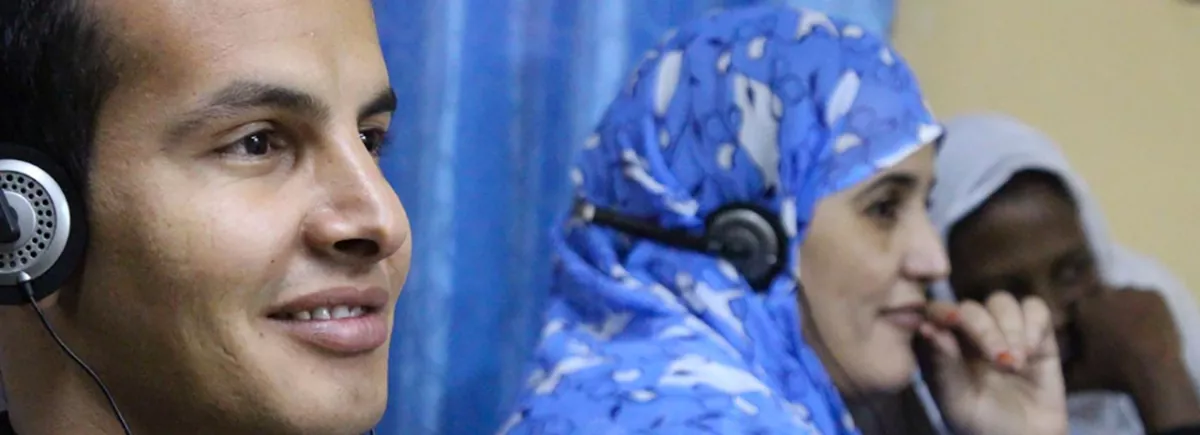
RightsInfo - Results 2019
Related project
RightsInfoMauritania has ratified the main African human rights treaties and is working to transpose its international commitments into its legislation and into its national strategies and policies. In 2019, CFI committed to help journalists to cover their stories in the field.
While significant progress has been made over the last few years in the fight against poverty, the United Nations Special Rapporteur on extreme poverty and human rights made a series of recommendations in his 2017 report with the aim of achieving better application of human rights in Mauritania. National and international NGOs, including Human Rights Watch, Amnesty International and the FIDH (International Federation for Human Rights), are concerned about recent human rights abuses and called for vigilance.
Journalism as a tool for raising awareness of human rights
In order to support journalists in their commitment to promote human rights and to combat stereotypes and discriminatory practices in society, the “Promotion of Human Rights and Dialogue on Human Rights” (PDDH) project implemented by the GIZ (Deutsche Gesellschaft für Internationale Zusammenarbeit) has been providing training on human rights journalism for numerous Mauritanian journalists from public and private media outlets since 2015. In 2019, the PDDH project tasked CFI with designing and organising educational support for the media in the Assaba and Gorgol regions, and neighbouring regions, and thus the InfoRights project was born.
Initially, eight experienced Mauritanian journalists were introduced to training techniques and matters associated with human rights. Five of them have since formed a team that specialises in journalistic coverage of this subject, in Arabic and French.
Then, in November 2019, 37 journalists from Assaba and Gorgol travelled to the regional capitals of Kaédi and Kiffapour, where they participated in a course to raise their awareness of the main human rights issues in their regions and of the current legislative texts and took part in a training session on journalistic techniques to cover these subjects. Of these journalists, 26 will participate in an advanced training course in 2020.
Journalists do not give enough coverage to victims of human rights infringements. Sometimes, we do not see the victims. We have taught them to recognise and cover the stories of these victims. The debates between the journalists, which are sometimes lively, have shown their interest in these subjects.
Mohamed El Hani, InfoRights project coordinator


